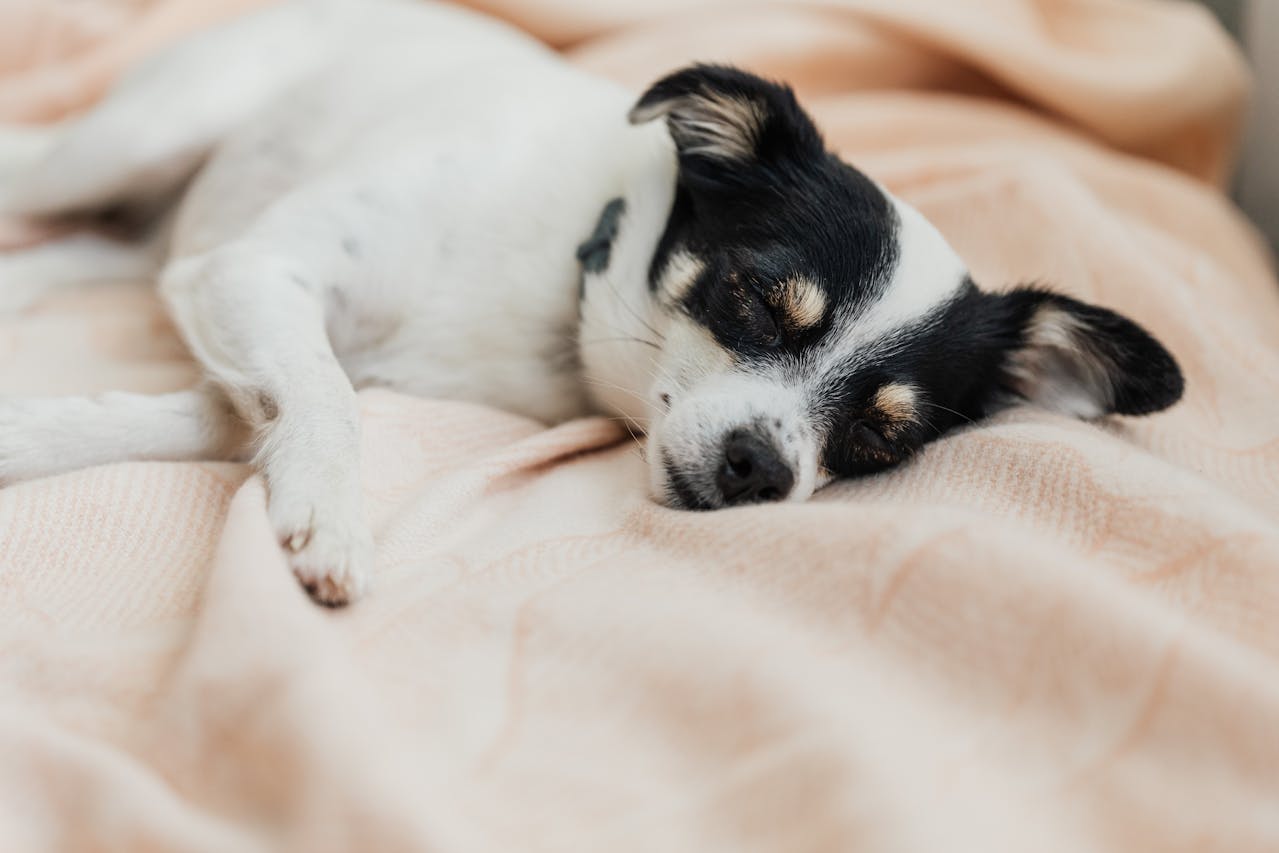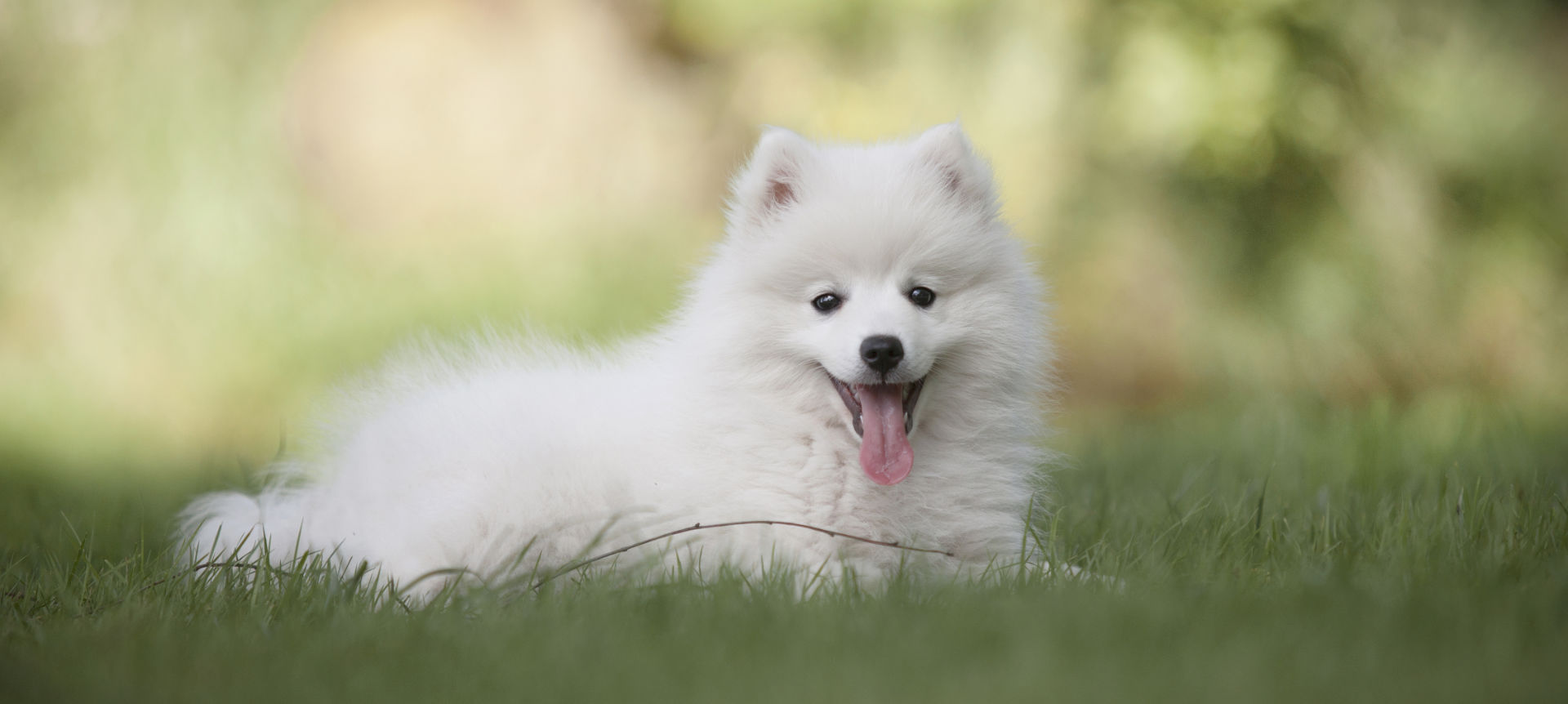
18 Apr What to Expect During Dog Dental Surgery Recovery
Dental surgery for dogs is often necessary to maintain their overall health and well-being. Whether it’s due to tooth decay, gum disease, or other oral issues, ensuring proper care post-surgery is crucial for a smooth recovery. In this guide, we’ll explore what to expect during dog dental surgery recovery, covering topics such as managing drug-induced dysphoria, dietary recommendations, signs of pain to watch out for, and the care of dissolving sutures.
Understanding Drug-Induced Dysphoria
One of the immediate effects of dental surgery is the administration of anesthesia and pain medication to keep your dog comfortable during and after the procedure. While these medications are essential for managing pain, they can also induce feelings of disorientation, confusion, and even dysphoria in some dogs. It’s essential to be prepared for this possibility and to provide a calm and comforting environment for your pup as they recover.
During this period, your dog may exhibit behaviors such as restlessness, disorientation, vocalization, or changes in appetite. These signs are generally temporary and should subside as the effects of the medications wear off. However, if you notice prolonged or severe symptoms, it’s crucial to consult your veterinarian for further guidance. Many of these drugs can cause heightened sensitivity to light and sound, it is important to keep this in mind the day your pet comes home from surgery.
Food and Water Recommendations
Proper nutrition is vital for supporting your dog’s recovery after dental surgery. In the immediate aftermath of the procedure, your veterinarian may recommend withholding food and water for a specified period to prevent nausea or vomiting, especially if general anesthesia was administered. Once your dog is cleared to eat and drink, it’s essential to follow any dietary guidelines provided by your vet. Generally most pets can eat and have some water the night of surgery but small amounts are recommended until the next morning when the anesthesia has worn off.
Soft or liquid diets are often recommended during the initial stages of recovery to minimize strain on the mouth and promote healing. You may need to offer smaller, more frequent meals to prevent discomfort and ensure adequate hydration. Additionally, avoid giving your dog hard treats or chew toys that could irritate their surgical site. Follow guidelines given to you by your veterinarian on how long your dog will need softened food for.
Signs of Pain to Watch For
Even with proper pain management, some degree of discomfort is normal during the recovery period. It’s essential to monitor your dog closely for any signs of pain or distress and to address them promptly. Common indicators of pain in dogs include:
1. Excessive drooling or pawing at the mouth
2. Reluctance to eat, drink, or play
3. Whimpering, growling, or other vocalizations
4. Changes in posture or mobility
5. Guarding or protecting the surgical site
6. Increased agitation or aggression
If you observe any of these signs, contact your veterinarian immediately for guidance. They may recommend adjusting your dog’s pain medication or providing additional support to manage their discomfort effectively.
Caring for Dissolving Sutures
Many dental surgeries in dogs involve the use of dissolving sutures to close incisions and promote healing. While these sutures are designed to break down over time and typically do not require removal, proper care is still essential to prevent complications.
Your veterinarian will provide specific instructions for caring for your dog’s sutures, which may include:
1. Avoiding activities that could put strain on the surgical site, such as rough play or chewing on hard objects. Stuffed toys are to be avoided as well, due to the risk of the sutures getting caught on the fabric.
2. Keeping the surgical area as clean as possible. If there is a buildup of debris on the sutures it can usually be gently rinsed off.
3. Monitoring the surgical site: swelling, bruising, and bleeding can be expected for up to a couple days depending on the procedure. Make sure you are checking the site daily to make sure it looks as expected. Your veterinarian will tell you if you should expect bleeding or swelling.
4. Watch for any pawing at the face or rubbing the face on objects. If you notice this contact your veterinarian as it could be a sign of discomfort.
If you notice any issues with your dog’s sutures or if you have any concerns about their healing progress, contact your veterinarian for guidance. They may recommend a follow-up appointment to assess the incision and ensure that healing is progressing as expected.
Dog Oral Surgery in Milwaukee
Recovering from dental surgery can be a stressful time for both you and your canine companion, but with proper care and attention, your dog can make a full and speedy recovery. By understanding the potential effects of drug-induced dysphoria, following dietary recommendations, monitoring for signs of pain, and caring for dissolving sutures, you can help ensure that your furry friend gets back to their happy, healthy self in no time. Remember to consult your veterinarian with any questions or concerns throughout the recovery process, as they are your best resource for personalized guidance and support. At Veterinary Dental Specialists of Wisconsin, we will always recommend a recheck at no charge so we can check in with you and your pet and monitor the healing process.
Photo by Karolina Grabowska from Pexels


